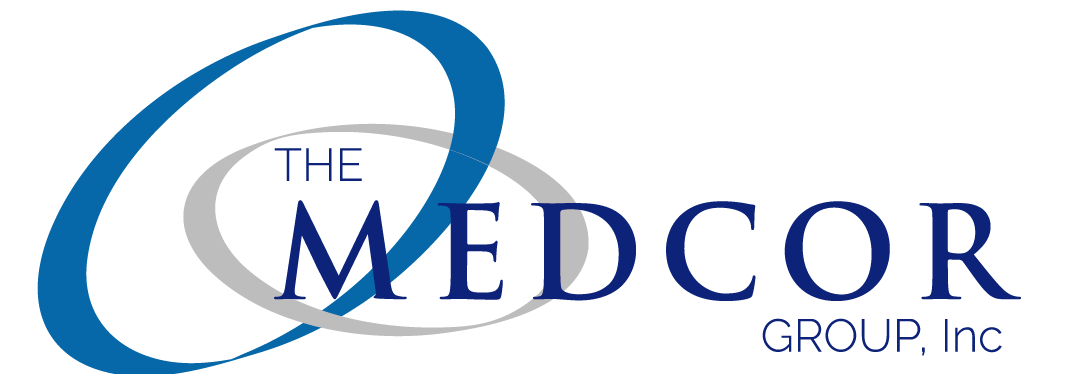Healthcare revenue cycle management (RCM) is the process that manages claims processing, payment, and revenue generation for health care providers.
Medical billing software is used to keep track of the claims electronically, which makes it easier for the health care provider or medical billing company to track the progress and address any issues to improve the revenue cycle. RCM streamlines clinical, operational and financial processes for optimal financial performance.
 The RCM process includes:
The RCM process includes:
- Determining patient insurance eligibility
- Collecting co-pays
- Properly coding claims
- Keeping track of claims in the system
- Making sure insurance payments are collected
- Managing denied claims
Communicating with health insurance companies is a key component of RCM. When a patient schedules an appointment, staff will typically verify the patient’s insurance coverage before the visit. During the appointment, a copayment is collected if applicable. Then a medical coder will categorize the treatment(s) according to ICD-10 codes. The insurance company is then billed to see what portion of the care they will cover, with the patient being billed for the remainder. Proactive claims management includes reaching out to payers to check on claims, tracking changes in payer reimbursement and managing denied claims. These activities help improve a practices’ net collection ratio, reduce days in accounts receivable and increase per-encounter reimbursement.
See related post: Top 4 Benefits Of Outsourcing Healthcare RCM

